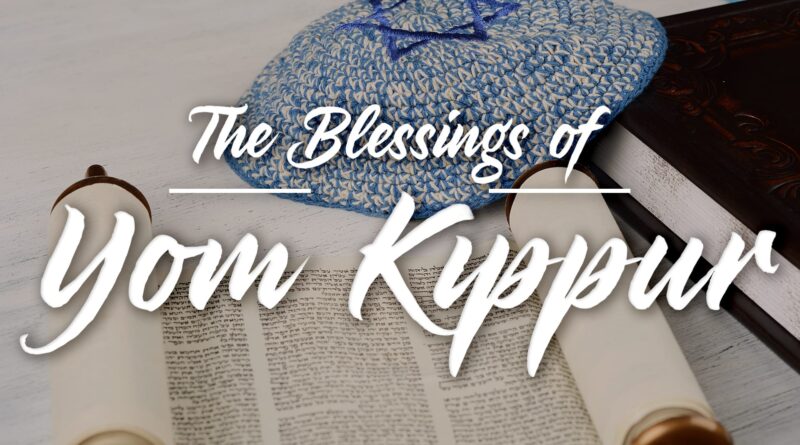History Of Yom Kippur
Yom Kippur, also known as the Day of Atonement, is considered the most important day of the Jewish calendar. This solemn holiday is observed on the tenth day of Tishrei, the seventh month of the Jewish calendar, and typically falls in September or October on the Gregorian calendar. Yom Kippur is a day of fasting, prayer, and repentance, as well as a time for seeking forgiveness and making amends with others.
The origins of Yom Kippur can be traced back to biblical times, when the high priest would perform a ritual on this day to atone for the sins of the Jewish people. According to Jewish tradition, God inscribes each person’s fate for the coming year in the Book of Life on Rosh Hashanah, and the fate is then sealed on Yom Kippur. On this day, Jews seek forgiveness for their sins and resolve to do better in the coming year.
Over time, Yom Kippur took on new meanings and traditions. In the Talmud, the holiday became associated with the idea of atonement and the need to seek forgiveness for one’s sins. It was believed that by fasting, praying, and engaging in acts of tzedakah (charity), one could repent for one’s sins and ensure a good fate for the coming year.
One of the most well-known traditions of Yom Kippur is fasting. Jews are commanded to fast for 25 hours, from sundown to sundown, and to abstain from food, drink, and other physical pleasures. The fast is intended to help Jews focus on the spiritual aspects of the holiday and to demonstrate their commitment to repentance and atonement.
Another important tradition of Yom Kippur is prayer. Jews attend services throughout the day, reciting special prayers and engaging in introspection and self-reflection. The prayers are designed to help Jews seek forgiveness for their sins, express gratitude for the blessings in their lives, and commit to doing better in the coming year.
In addition to fasting and prayer, Yom Kippur is also a time for acts of tzedakah. Jews are encouraged to give to charity and to perform acts of kindness and compassion. These acts are seen as a way to demonstrate one’s commitment to repentance and to help repair the world.
Today, Yom Kippur is celebrated by Jews all over the world. It is a time for introspection, reflection, and repentance, as well as a time to seek forgiveness and to make amends with others. The holiday is marked by fasting, prayer, and acts of tzedakah, and it is considered the most solemn and holy day of the Jewish calendar.
Yom Kippur is a significant holiday in the Jewish calendar that has a rich history and many traditions. It is a day of fasting, prayer, and repentance, as well as a time for seeking forgiveness and making amends with others. The holiday is a reminder of the importance of self-reflection and self-improvement, and it serves as an opportunity for Jews to renew their commitment to leading a meaningful and purposeful life.
Discover more from City Towner
Subscribe to get the latest posts sent to your email.




